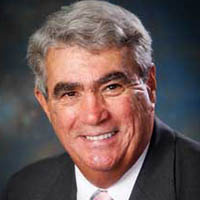Stoughton Criminal Lawyer, Massachusetts
Sponsored Law Firm
-
 x
x

Click For More Info:
-
Adam P. Beck, M.D., Esq.
25 Marston St Suite 303 Lawrence, MA 01841» view mapAccident & Injury Law Legal Expertise You Can Rely On
By working with lawyers who are also doctors, clients can benefit from advocates who have a deeper understanding of their physical injuries, medical needs, and prognoses.
800-383-8491
Samuel P. Reef
✓ VERIFIEDCar Accident, Bankruptcy, Divorce, DUI-DWI
Samuel Reef is a practicing lawyer in the state of Massachusetts. He received his J.D. from Suffolk University Law School in 1994. He currently works ... (more)
William J. Gillespie
✓ VERIFIEDAccident & Injury, Criminal, Divorce & Family Law, Immigration, Motor Vehicle
If you or someone you know needs legal expertise in these areas, you want Attorney William J. Gillespie working for you. He has been in practice since... (more)
David J. Gormley
Juvenile Law, Landlord-Tenant, Divorce, Criminal, Power of Attorney
Status: In Good Standing
Ashley Francisque
Lawsuit & Dispute, Criminal, Civil & Human Rights, Accident & Injury
Status: In Good Standing Licensed: 11 Years
Mark D. Petti
Litigation, Trusts, DUI-DWI, Accident & Injury
Status: In Good Standing Licensed: 26 Years
 Adam Beck Lawrence, MA
Adam Beck Lawrence, MA AboutAdam P. Beck, M.D., Esq.
AboutAdam P. Beck, M.D., Esq. Practice AreasExpertise
Practice AreasExpertise


